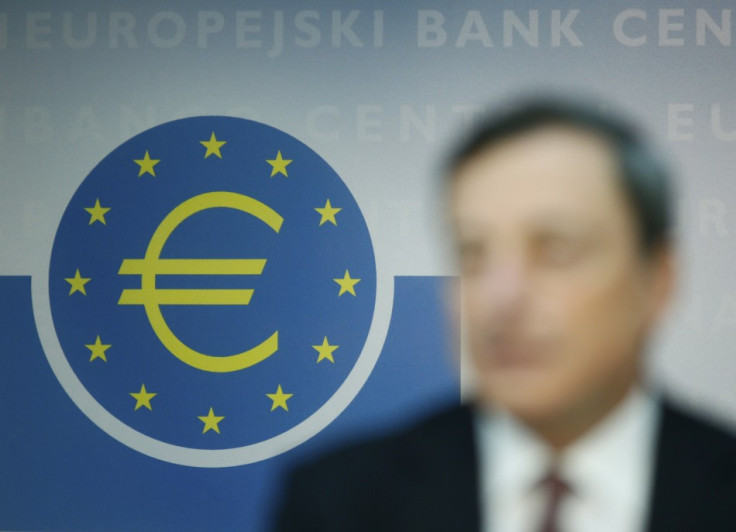Eurozone Industrial Production Drops More than Expected

Industrial production in the eurozone has failed to hit expected targets sparking fears of deflation.
It dropped by 0.5% month on month in September on the back of declines in durable and capital goods. Economists expected a drop of just 0.3%.
In September 2013 production of durable consumer goods fell by 2.6% in the euro area and by 1.6% in the EU28, compared with the previous month. Capital goods decreased by 1.0%.
A slump in Spain's consumer price index added fuel to the fire: CPI was down 0.1% in October on an annual basis, according to the country's National Statistics Institute
It was another worrying sign for the beleaguered nation where the annual inflation rate turned negative last month.
However, on a monthly basis, the CPI rose by 0.4%.
Accordingly, the European Central Bank last week cut the interest rate on the main refinancing operations of the Eurosystem to 0.25% from 0.50%.
ECB Worries
ECB executive board member Benoit Coeure said on 9 November that the ECB could lower interest rates further and provide the banking system with more liquidity to stem the tide of deflation.
"We can still cut interest rates if needed, and as we said clearly last Thursday we can provide liquidity to the eurozone financial system if needed to ensure they don't have problems refinancing," Coeure said on France Inter radio.
"All that's possible, but what counts is that the banks transmit the decrease in the cost of refinancing to the economy," Coeure added.
Purchasing managers' index (PMI) data from Markit this week showed that factory and services activity across the eurozone slowed in October.
In addition, Markit's eurozone composite Purchasing Managers' Index (PMI) of activity in the manufacturing and services sectors slipped to 51.9 in October from 52.2 in September.
The European Commission forecast eurozone unemployment would remain near its record high of 12.2% for the next two years, thanks to impaired economic growth.
Preliminary data from the eurozone's statistics office showed last week that inflation unexpectedly dropped to 0.7% year-on-year in October, the lowest for nearly four years.
© Copyright IBTimes 2025. All rights reserved.






















